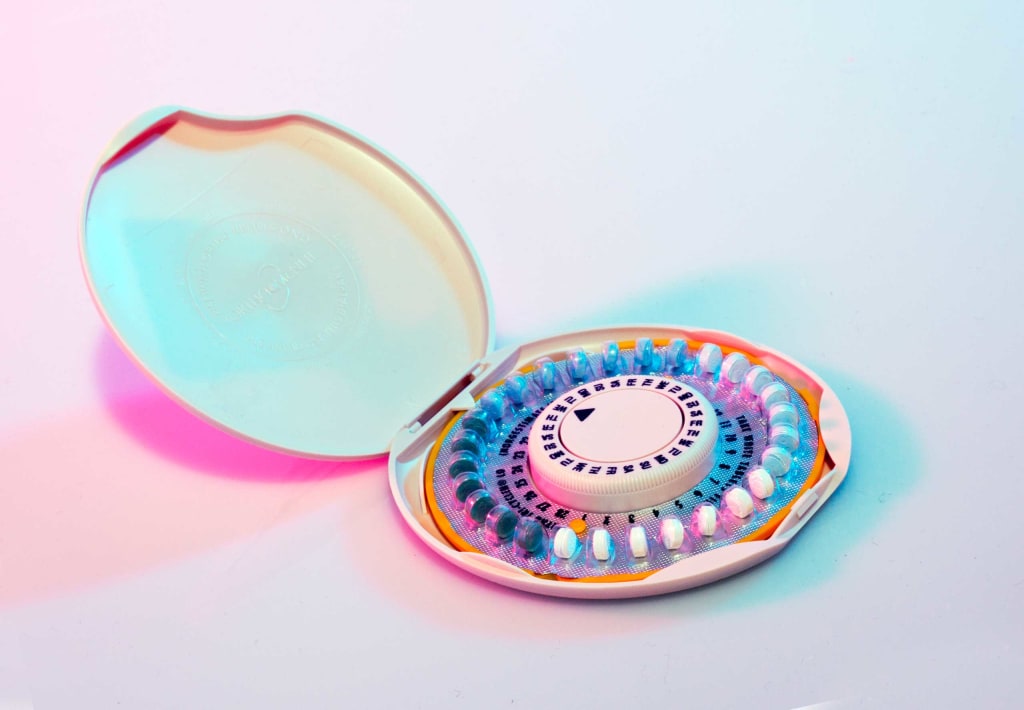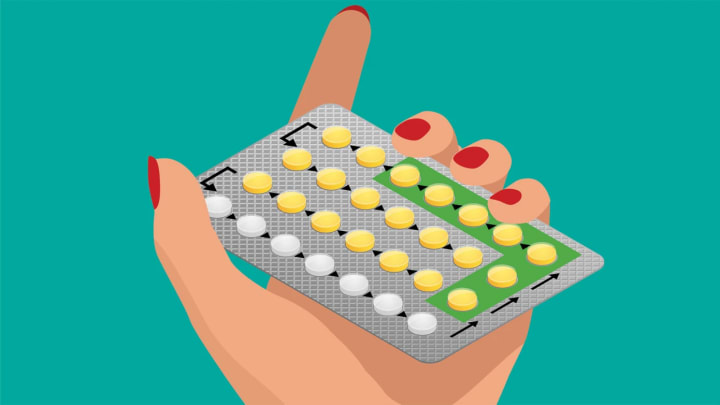10 Common Questions About Birth Control Usage
Birth control and pregnancy prevention can be tricky to fully understand. That's why we're here to bring light to some of your top questions about birth control usage.

From the basics to more complex understandings of birth control methods, these are the top ten questions about birth control usage. Is my birth control making me fat? Or how about, am I safe to skip one pill every once in a while?
These questions are sure to have crossed every woman's mind at one point or another, and we're here to decipher what is true and what is false. However, you should always consult your doctor for their personal directions when it comes to birth control methods.
What are my birth control method options?

To start off our list of the most common questions about birth control usage, we have got to first cover the basics: what are your birth control method options? There are plenty of types of birth control, and finding the right option for you takes time and research.
Some of the most common methods are condoms, the pill, IUDs, the patch, the ring, and the diaphragm. Depending on your needs and preferences, each of these options provides different pros and cons, depending on your lifestyle and how long you are looking to prevent pregnancy. So to answer your question, you are not restricted to just taking the pill and/or using condoms.
How much does it cost?
According to Planned Parenthood, the cost of the most commonly used birth control, the pill, costs Americans between $15 and $50 a month, depending on both the type of the pill and the health-insurance.
As one of the top questions about birth control usage, the cost is something that many women, especially young women, are curious and anxious about. However, the prices range depending on a bunch of factors, and you can always find free condoms at your local Women's Center or Planned Parenthood.
What are the advantages?
There are pros and cons of every birth control, and discovering the advantages of incorporating a birth control method to your life is a great place to start when considering. The obvious pro with any birth control is the fact that it prevents pregnancy.
But what are the specifics of the female condom? Non-hormonal methods such as this allow you to prevent pregnancy without altering your hormones. And on the other hand, other hormonal methods such as an IUD or a contraceptive injection allow you to not think about the method until you remove it, or it wears off. Plus, these methods can even lighten your period, and help regulate it along with cramps.
Which method is most effective?

The debate over which birth control method is the most effective can be had for hours, but ultimately the answer is that none of them are truly 100% effective in preventing pregnancy, even if it is by 99%. So instead of the answer being just one method, it is the combination of methods.
For example, taking the birth control pill along with wearing a condom is one of the best methods to recommend because this not only incorporates two 99% effective methods, but protects you against both pregnancy and STDs. And to answer one of the biggest questions about birth control usage, adding one extra method to be safe never hurt anyone.
Which methods prevent against STDs?
Going forward on this same topic, preventing against STDs is just as important, if not more important, than preventing pregnancy in some cases. So it is important to understand that very few contraception methods actually prevent both pregnancy and STDs.
And believe it or not, condoms, both male and female, are the only form of birth control that prevents sexually transmitted diseases or infections. If you're not wearing a condom, you're not protected completely. Though this might not be a concern for some people, it is important to understand and teach.
What are the pill's side effects?
Is birth control going to make me fat? Will it clear my skin? Will it regulate my period, or make me fertile? Is it a source of abortion? There are a ton of myths and truths that spark some of the most questions about birth control usage. But which are true?
Some of the side effects of the birth control pill include regulating your period, as well as lightening your period and cramps. It also might include a tiny bit of weight gain, but nothing catastrophic. Some other side effects include mood changes, headaches, nausea, breast enlargement, and low libido.
However, this doesn't mean that all or any of these will affect you.
Is it safe to skip a period by starting a new pack of pills?

Yup! It is safe to skip your period purposely by staring your new pack of pills straight away. However, this method shouldn't be used every month as a way to stop your period altogether. But, it's perfectly safe to skip your period if it ends up landing on a vacation, a party, or god forbid, your wedding day.
What should I do if I miss a pill?
You should always try your best take your birth control, and if you skip a pill, this will alter the effectiveness of the contraceptive. However, it is not the end of the world if you skip a pill by accident. And as one of the top questions about birth control usage, missing a pill does not mean you're pregnant, and the sooner you realize, you'll simply take the pill.
If you happen to have missed a slew of pills, you will skip the ones you missed, and start on the correct day. You may experience bleeding, but this is nothing to be worried about. In any of these circumstances, you should start to use an alternative source of contraception, like a condom, to be sure that you are still covered.
How important is it to take the pill at the same time every day?
If you have ever heard that taking your pill at the same time every day is not important, please erase this from your mind. It is very important, if not the most important thing to remember, when using this source of contraception.
To remain effective, these pills must be taken at the same time every 24 hours, which is why it's smart to have an alarm on your phone for the same hour every day. But, if you are taking a combination of progestin and estrogen pills, there is a bit more leniency, which allows for the pill to be taken about three hours around the usual time.
What are my options after unprotected sex?

Last on our list of the best questions about birth control usage is the age-old question of, "Oops, what now?" Say the condom broke, you forgot to take your birth control, or anything along those lines occurred, what do you do? If you find yourself in a situation like this, there is an option, and that is taking an over the counter emergency contraceptive like Plan B.
This should be taken within 72 hours of the unprotected sex. However, the effectiveness rate is 95 percent if you take it only 24 hours of having sex. If not, it drops to 89 percent. Something to keep in mind if this ever occurs, but Plan B should not be your only source of contraception. Plus, it would get painfully expensive if you only relied on it.
About the Creator
Kelsey Lange
Passionate about writing, animals, makeup, movies, friends, family, learning, exercising, and laughing!






Comments
There are no comments for this story
Be the first to respond and start the conversation.